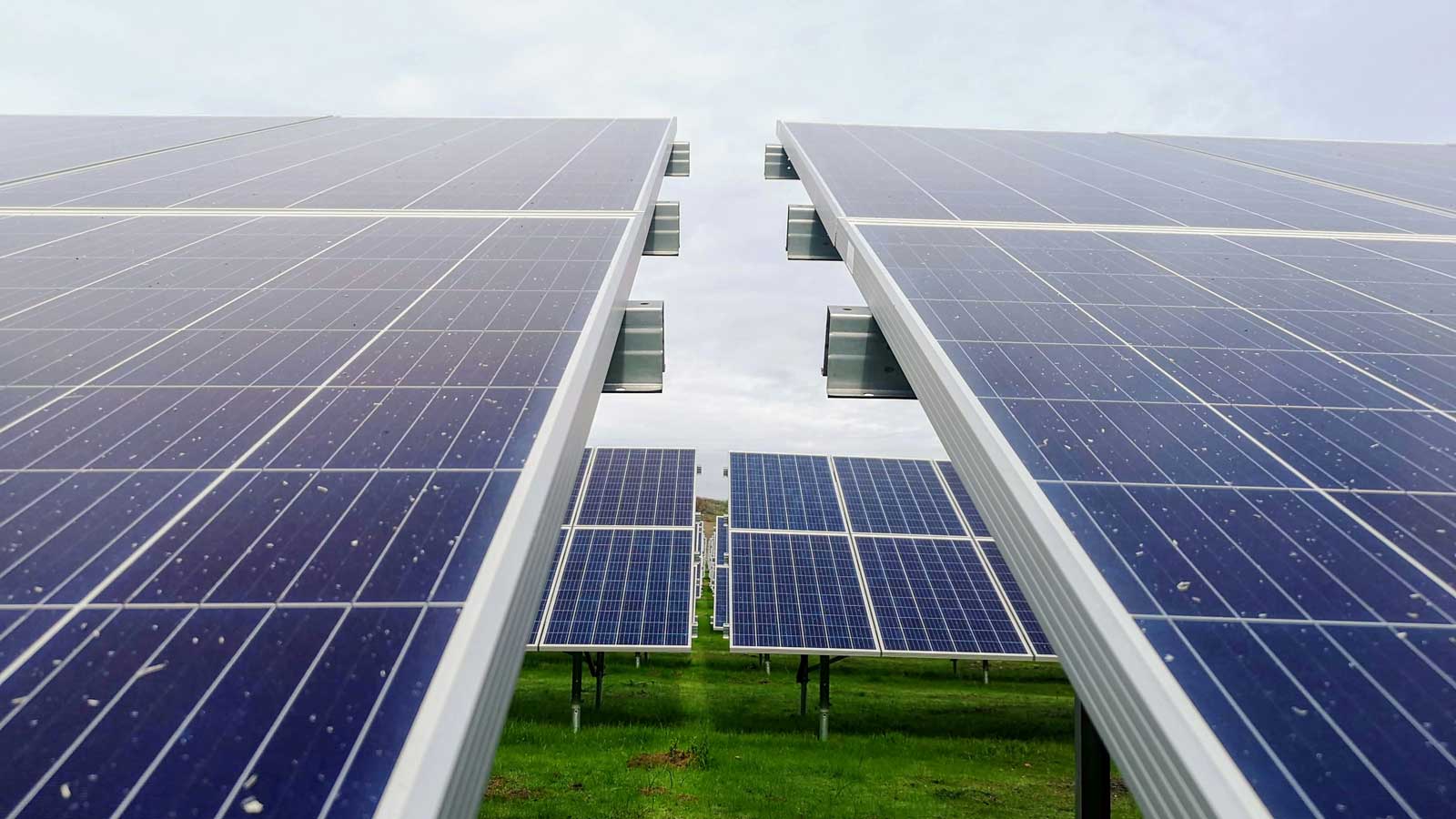In the locality of Ouèssè, an isolated commune in Benin, a man in his twenties is harnessing renewable energy to create jobs and solve a big problem.
Dieudonné Mahuwêna Setonde was working as an electrical installation technician in rural areas of this West African nation when he saw that many households in his locality lacked access to the conventional power grid, making it difficult to use mobile phones, television, and the internet.
To address these challenges, Setonde founded Technology for Environmental Protection Africa, also known as TEP AFRICA TECH, a company dedicated to promoting renewable energy and improving household energy efficiency, especially in rural areas.
Now he has 16 technical employees who help the community access clean and sustainable energy. He and his team have trained over 200 youths through various workshops and capacity-building programs.
“Thanks to partnerships with national and international projects like SWEED Benin and Plan International Benin, the youths we have trained are now qualified professionals in the field of renewable energy with internships and job opportunities,” Setonde said in French.
Growing demand for green jobs in Benin


Strong growth of the last decade has enabled Benin to reduce poverty through sustainability projects, particularly the creation of green jobs, according to the recent Climate and Development Report published by the World Bank.
In Benin, there is a high demand for technicians and engineers specialized in photovoltaics, electrical repair, and maintenance, as well as the installation and maintenance of biodigesters for biogas production.
About 320,000 people in Africa are employed in renewable energy jobs, according to a report on the impact of renewable energy on employment by the International Renewable Energy Agency, in collaboration with the International Labour Organization. That figure represents 2.34% of global employment in this sector.
In the face of climatic and energy challenges, Christian Hounkannou, francophone Africa coordinator of 350Africa.org, said that Africa needs to invest in renewable energy. He encourages young people to get involved in providing solutions to communities seeking sustainable energy and highlights the crucial role of the state in supporting committed organizations.
The Youth Inclusion Project, initiated by the Beninese government and supported by the World Bank, trains more than 500 young people in renewable energy trades. In partnership with AdMec, a company specializing in solar energy, these youths acquire skills in assembling, maintaining, and repairing LED and solar streetlights. This project aims to train and integrate 1,000 young people into the renewable energy sector by 2025, as part of the Azôli initiative — the pathway to employment in Fon, one of Benin’s national languages.
The Azôli program is a special initiative designed by the Beninese government to reduce youth unemployment and underemployment in Benin by facilitating access to internships for on-the-job training.
Dieudonné Mahuwêna Setonde at work. (Photo credit: Megan Valère SOSSOU)
“Eventually, 200 young people will have a direct employment contract with AdMec, which offers free training,” said Marcel Adjahouisso, head of the Atlantic branch of the National Agency for Employment Promotion.
Mathieu Dènon, a beneficiary of the program, was previously a seller of unrefined gasoline smuggled from Nigeria into Benin. Today, he helps households in his village buy and install solar panels.
In June 2024, the agency recruited another 1,000 young people for training and professional placement. In addition, the agency, through the Azôli initiative, signed a partnership agreement with the Academy of the Higher School of Renewable Energy Trades in the commune of Allada for the training and professional integration of 1,000 young people in renewable energy trades.
Government incentives
The Beninese government in 2020 began exempting solar panel imports from value-added tax, otherwise known as VAT. This exemption applies to the importation of materials, equipment, and installation accessories for the production of photovoltaic and solar thermal energy.
The tax exemption on products contributing to solar energy production has had significant effects on the Beninese economy, particularly in terms of job creation. According to a report by the Ministry of Economy and Finance, this measure led to a 9.95% increase in imports of these products, a figure significantly higher than that of fossil-fuel-burning electrical energy products, which only increased by 0.66%.
Profits from the sale of photovoltaic equipment have skyrocketed, increasing fivefold, according to the same report. Additionally, the tax exemption has allowed companies to double their customer and partner base, leading to the expansion of sales points and the improvement of after-sales services across the country.
Enock Missi Hounhoui, president of the Benin Energy Association, said Benin has shown a commitment to relying on renewable energy as a lever for job creation. He added that the manufacturing of equipment such as solar panels, wind turbines, and biodigesters, as well as the associated engineering and services, are areas that attract young people’s attention.
Challenges remain
Although progress has been made in the field of renewable energy, it is not enough to reach all rural populations and significantly reduce the number of unemployed youth.
Adopting renewable energy and promoting the creation of green jobs can play an important role in combating climate change while fostering the continent’s economic and social development. However, to effectively address this challenge, policymakers must ensure the implementation of better regulation and market access policies, Setonde said.
We help millions of people understand climate change and what to do about it. Help us reach even more people like you.
Source link


